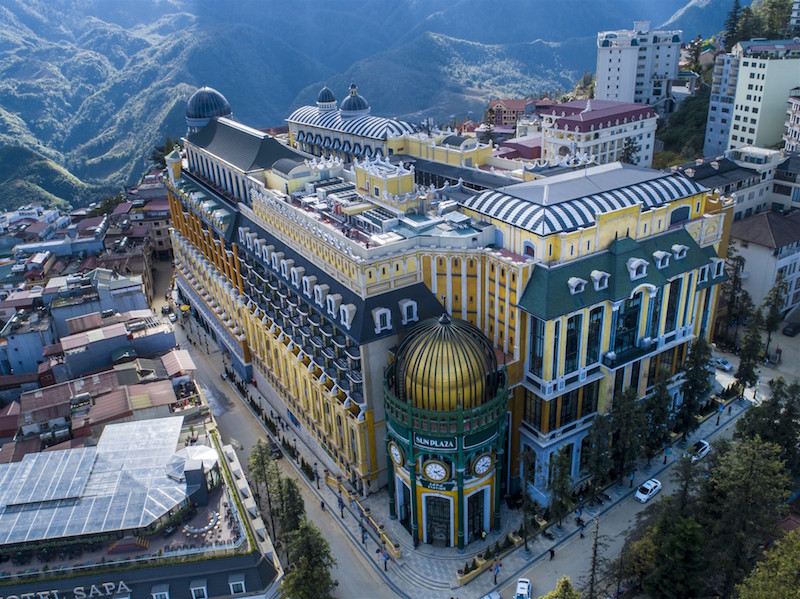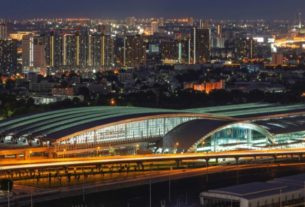Instead of starting the projects by picking destinations in Chiang Mai and Nong Khai in the far North and Northeast, the ministry has decided to have the trains run shorter distances to Phitsanulok, Nakhon Ratchasima, Prachuap Khiri Khan’s Hua Hin district and Rayong.
Deputy Transport Minister Chadchart Sittiphan expects better returns from the four routes than from more distant provinces, which have less dense populations.
“Japan also agrees with the option to link Bangkok with nearby provinces,” said Mr Chadchart after meeting Akihiko Tamura, senior deputy director-general of the Railway Bureau, an agency in Japan’s Land, Infrastructure, Transport and Tourism Ministry.
The government had earlier invited Japan and China to conduct feasibility studies on high-speed train projects in Thailand and Tokyo has expressed interest in being involved in construction.
The Transport Ministry plans to draft the terms of reference for the four projects in the next six or seven months and will then invite construction firms, in and outside Thailand, to submit bids.
Japan and China will have greater advantages than other competitors because they have conducted feasibility studies, Mr Chadchart said.
Japan has finished a study on a Bangkok-Chiang Mai route and concluded the project would not yield strong returns.
The findings did not surprise Mr Chadchart. Such a prospect is not unusual because most electric train projects cannot expect large revenues only from ticket sales.
In Japan, railway operators need to earn additional money from other commercial development done in parallel with rail services.
Mr Chadchart said Thailand would use Japan, which is well known for its Shinkansen high-speed trains, as a model for the country’s first high-speed trains.
The government will invest in the rail system and plans to have private companies run the trains and pay fees for using the tracks.
“Initially we want trains that can travel at speeds of at least 250km/h,” he added. “Thailand doesn’t need very high speed.”
The Shinkansen train’s speeds range from 240-300 km/h.
Source: http://www.bangkokpost.com/news/local/298636/high-speed-train-project-bidding-set-for-next-year


